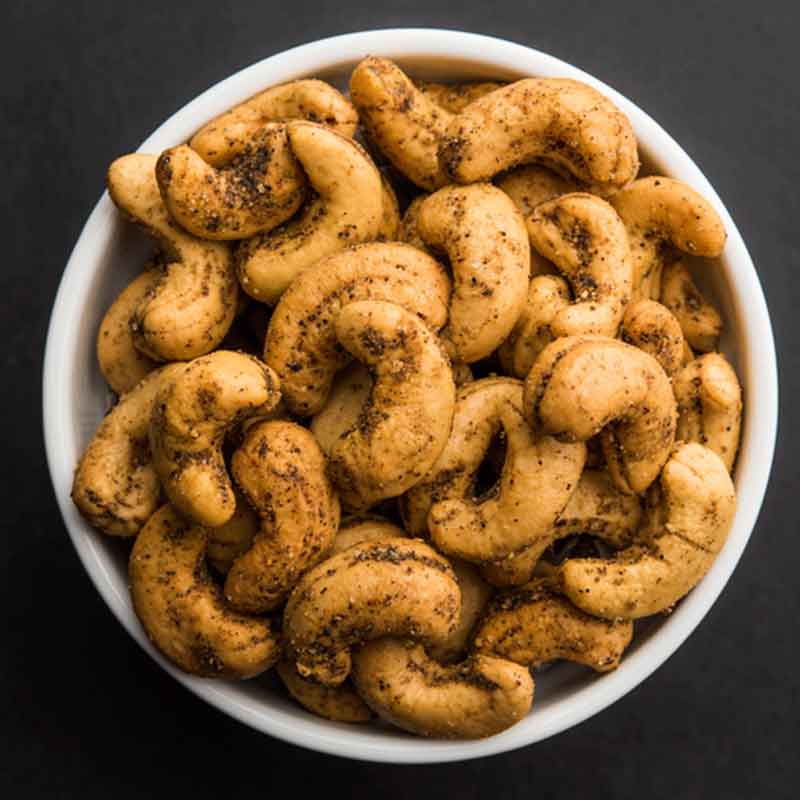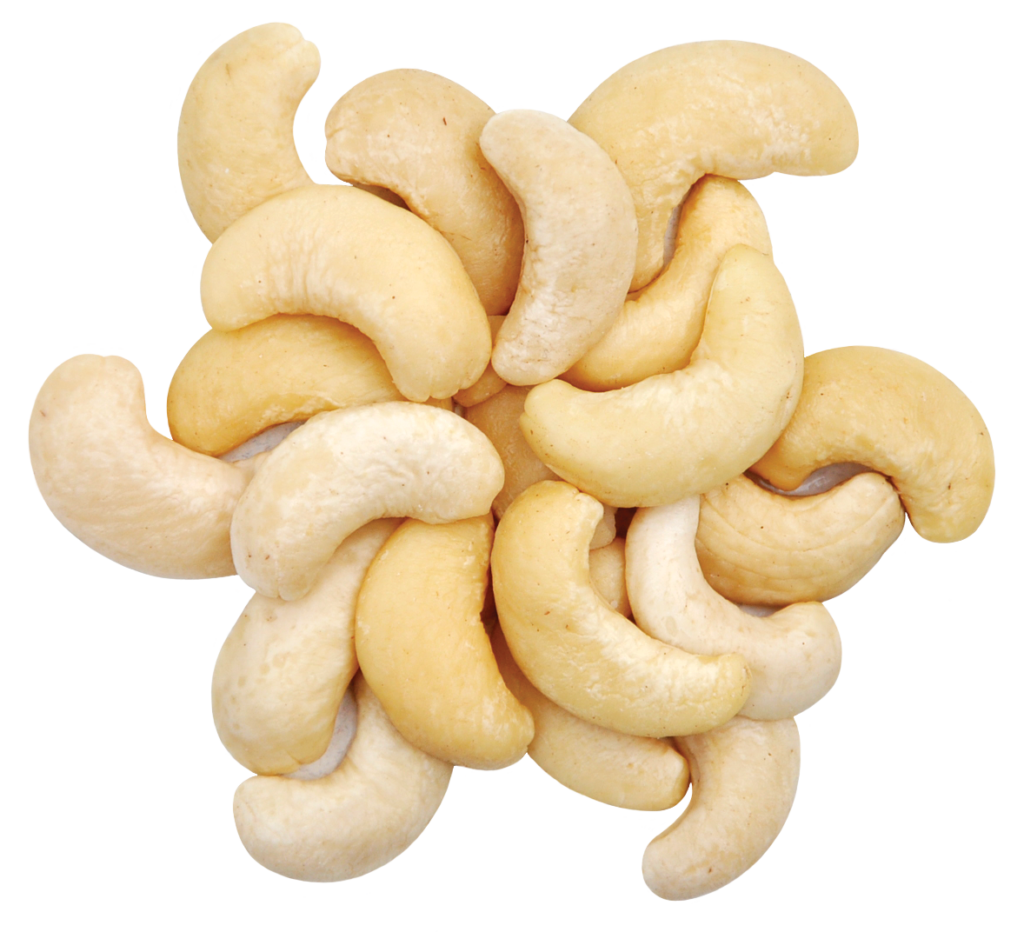


This water-soluble vitamin aids your immune system, helps your body absorb iron, and promotes cell growth and repair ( 1, 4, 5, 6). One of its most impressive nutrient facts is that just 1 cup (165 grams) of fresh mango provides nearly 67% of the DV for vitamin C. One cup (165 grams) of fresh mango provides ( 3): Blend 1 cup (130 grams) of soaked cashews, 3–4 cups (720–960 ml) of water, and a sweetener of choice until smooth.Many people love mango - not only because it’s delicious but also because it’s very nutritious. Summary Making cashew milk is incredibly easy. If it separates, simply shake before use. You can keep your cashew milk in a glass jar or container in the fridge for up to three to four days. Unlike most other plant-based milks, you don’t have to strain cashew milk through a thin towel or cheesecloth. Other popular additions include sea salt, cocoa powder, or vanilla extract. You can add dates, honey, or maple syrup to sweeten, if desired. Blend on high for 30 seconds to 1 minute or until smooth and frothy. To make cashew milk, soak 1 cup (130 grams) of cashews in very hot water for 15 minutes or in room temperature water for 1–2 hours or longer.ĭrain and rinse the cashews, then add them to a blender with 3–4 cups (720–960 ml) of water. You can also control how much sugar and other ingredients you add. Plus, the homemade version is more concentrated and thus contains more nutrients than commercial varieties. To increase your absorption of iron from this nondairy milk, consume it with a source of vitamin C. Summary Cashew milk is loaded with iron and may prevent iron-deficiency anemia. To increase your absorption of iron from cashew milk, try blending it in a smoothie with fresh strawberries or oranges that contain vitamin C. However, your body better absorbs this type of iron when consumed with a source of vitamin C ( 36). Since cashew milk is high in iron, it may help you maintain adequate levels. Therefore, getting enough iron from your diet is important for preventing or improving symptoms of iron-deficiency anemia. One study found that women with low iron intake were roughly six times more likely to develop anemia than those with adequate iron consumption ( 35). This results in anemia and leads to fatigue, dizziness, shortness of breath, cold hands or feet, and other symptoms ( 34). When your body doesn’t get enough iron, it can’t produce adequate amounts of the protein hemoglobin that helps red blood cells carry oxygen. Summary Cashew milk contains antioxidants that may lower your risk of retinal damage, age-related macular degeneration, and cataracts. Since cashews are a good source of lutein and zeaxanthin, adding cashew milk to your diet may help prevent eye issues.


High blood levels of lutein and zeaxanthin have also been linked to a 40% lower risk of age-related cataracts in older adults ( 13). One study found a significant association between low blood levels of lutein and zeaxanthin and poor retinal health ( 11).Įating foods rich in lutein and zeaxanthin may reduce your risk of age-related macular degeneration (AMD), an eye disease that causes vision loss.Īnother study showed that people with the highest intake of lutein and zeaxanthin - and the highest predicted blood levels of these antioxidants - were 40% less likely to develop advanced AMD ( 12).
#Cashew nutrition facts per cup free#
These compounds may prevent cellular damage to your eyes caused by unstable molecules called free radicals ( 10). Homemade varieties are usually more nutritious, though store-bought types may be fortified with vitamin D and calcium.Ĭashews are rich in the antioxidants lutein and zeaxanthin ( 9). Summary Cashew milk is loaded with nutrients, including unsaturated fats, protein, vitamins, and minerals. Homemade versions have less protein, calcium, and potassium than cow’s milk but more healthy unsaturated fats, iron, and magnesium ( 5). They’re also packed with magnesium - a vital mineral for many body processes, including nerve function, heart health, and blood pressure regulation ( 4).Īll cashew milks are naturally lactose-free and can replace cow’s milk for those who have trouble digesting dairy. Homemade cashew milks don’t need to be strained, which increases their fiber content. In addition, store-bought varieties may contain oils, preservatives, and added sugars. However, they generally provide less fat and protein and don’t include fiber. *indicates a nutrient that has been added through fortification.Ĭommercial cashew milks are typically fortified with vitamins and minerals and have higher amounts of some nutrients, compared to homemade versions.


 0 kommentar(er)
0 kommentar(er)
